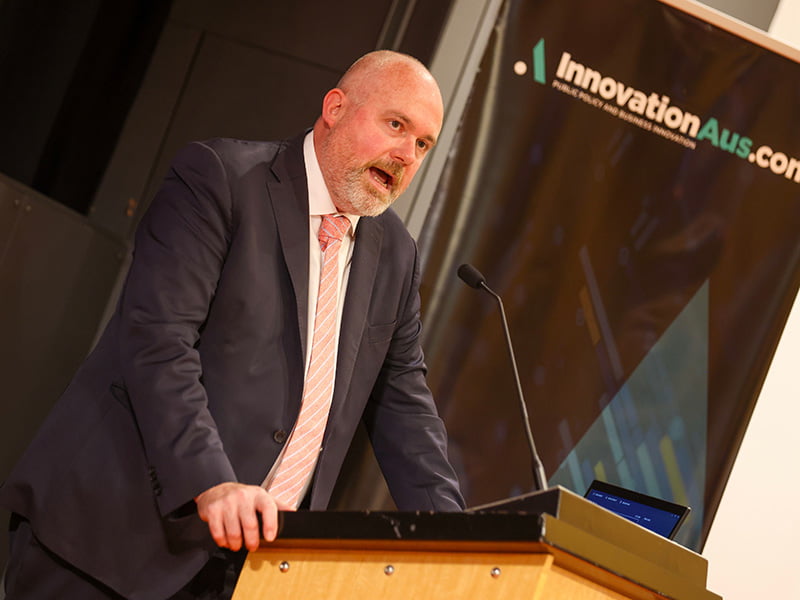The rewriting of the relationship between industrial policy and trade policy is one of the defining challenges of our times, according to the assistant minister for both manufacturing and trade, Senator Tim Ayres.
Rebuilding Australia’s industrial base and domestic capability while also maintaining the nation’s long-standing commitment to an open market economy is key to addressing big, global challenges.
Speaking at the Capability Papers Manufacturing and Energy Transition forum in Sydney on Tuesday, Senator Ayres said global economic headwinds, increased strategic competition in our region and the urgency of climate change had demanded a change in thinking on industry policy.
“We must move away from the small-minded and backward-looking view that pursuing ambitious industrial policy means inward-looking, protectionism,” Senator Ayres said.
“In this new economic, strategic and climate reality, governments must provide clear direction and divert resources into mission-oriented industrial policy.

“If we are to stimulate innovation, grow productivity and achieve a transformation of our economy, government needs to rewrite the relationship between industrial and trade policy.
“I want to make it plain. One of the defining challenges of this era is to build industrial capability and sovereign capability and maintain Australia’s standing as a strong, confident open market economy that trades with the region and the world.”
Senator Ayres said Australia was fortunate, with abundant sun and wind reserves to drive renewables, globally significant supplies of critical minerals, as well as recognised capability across several areas of advanced critical technologies.
“We must direct these resources and drive industrial policy not through a scattergun approach of grants that are contingent on the election cycle, but by building capacity in areas that matter for our national interest,” he said.
“Only with a sense of purpose powering Australia’s future will we lift Australian product exports up the global value chain and broaden our economic complexity.”
Senator Ayres said the newly-created National Reconstruction Fund (NRF) would help provide capital relief for manufacturing and other value-added enterprises, and should help to keep young businesses in Australia that would have been forced to look to other markets for investment.
While the venture capital pool in Australia had grown dramatically in recent years, in relative size it remained smaller than international peers.
The added challenge for Australian companies was that venture capital firms traditionally focussing on asset-light investments such as digital technology rather than manufacturing that requires capital-intensive investments upfront.
This is where the NRF and the $392 million Industry Growth Program were aimed at underwriting these twin challenges.
Do you know more? Contact James Riley via Email.

